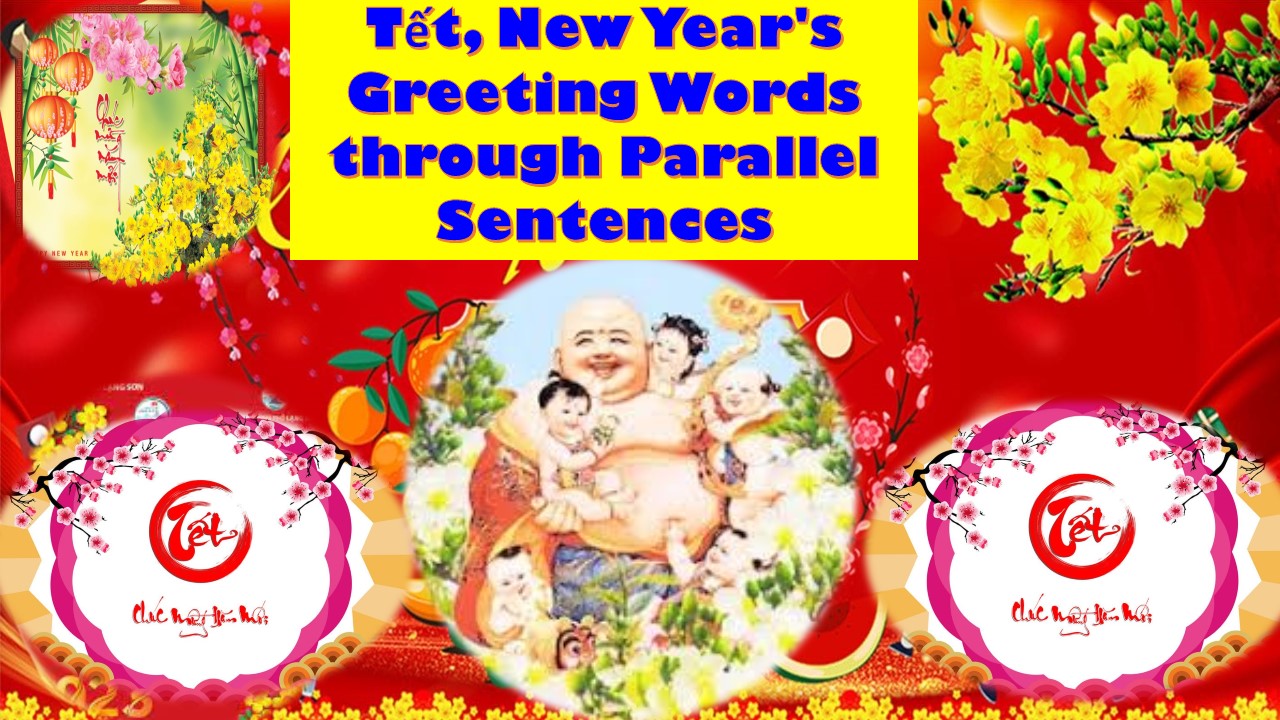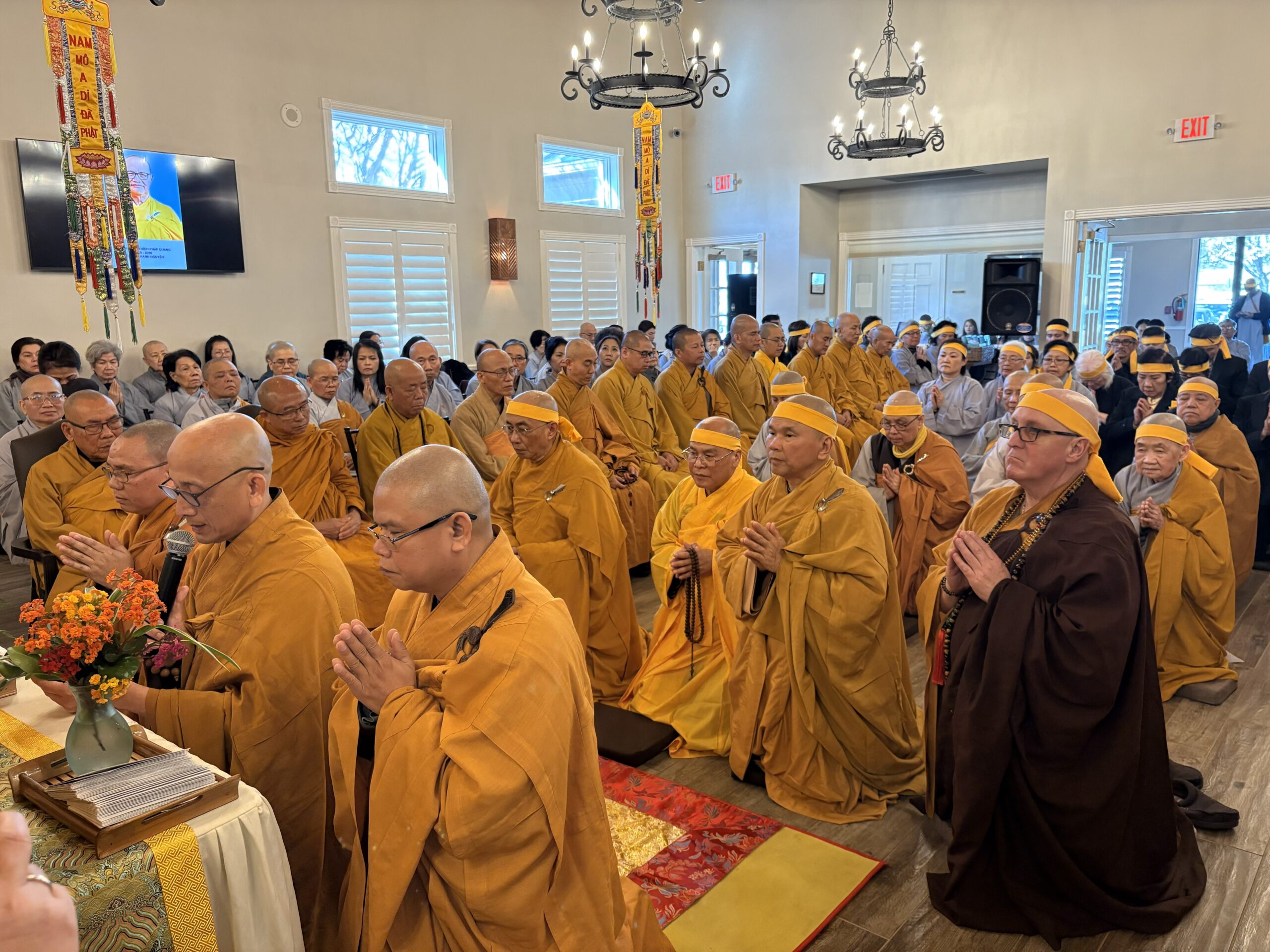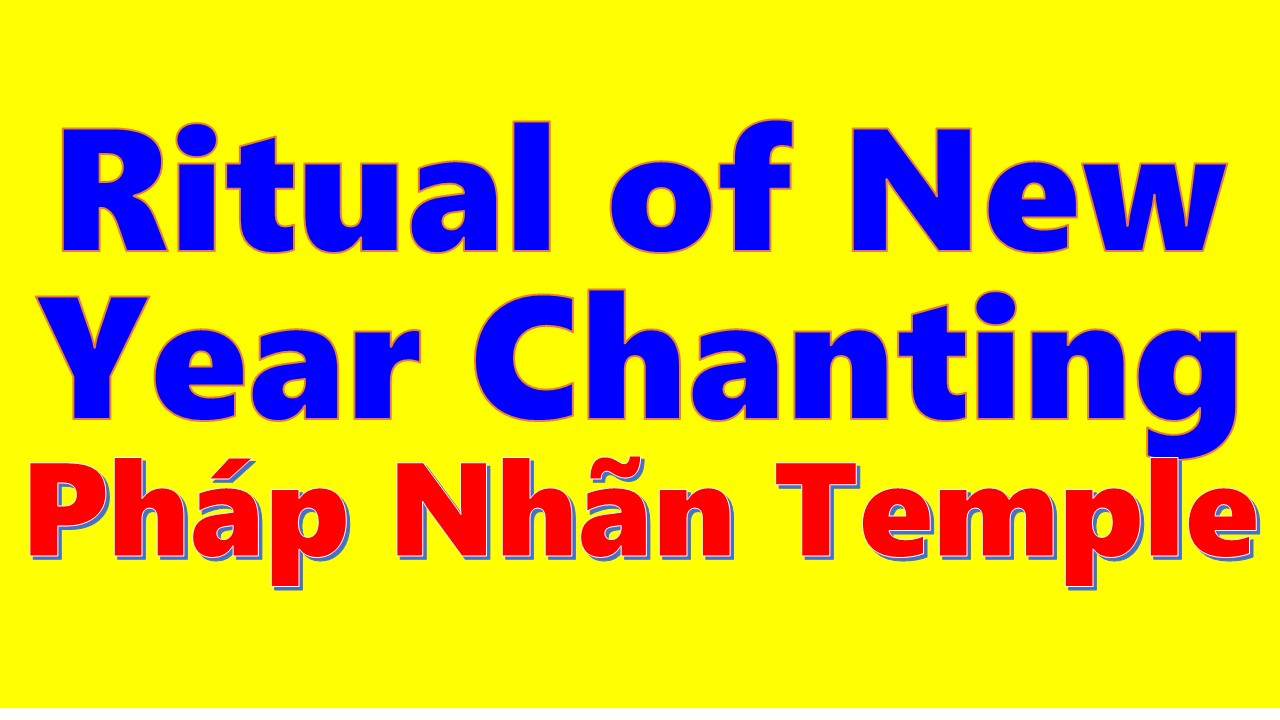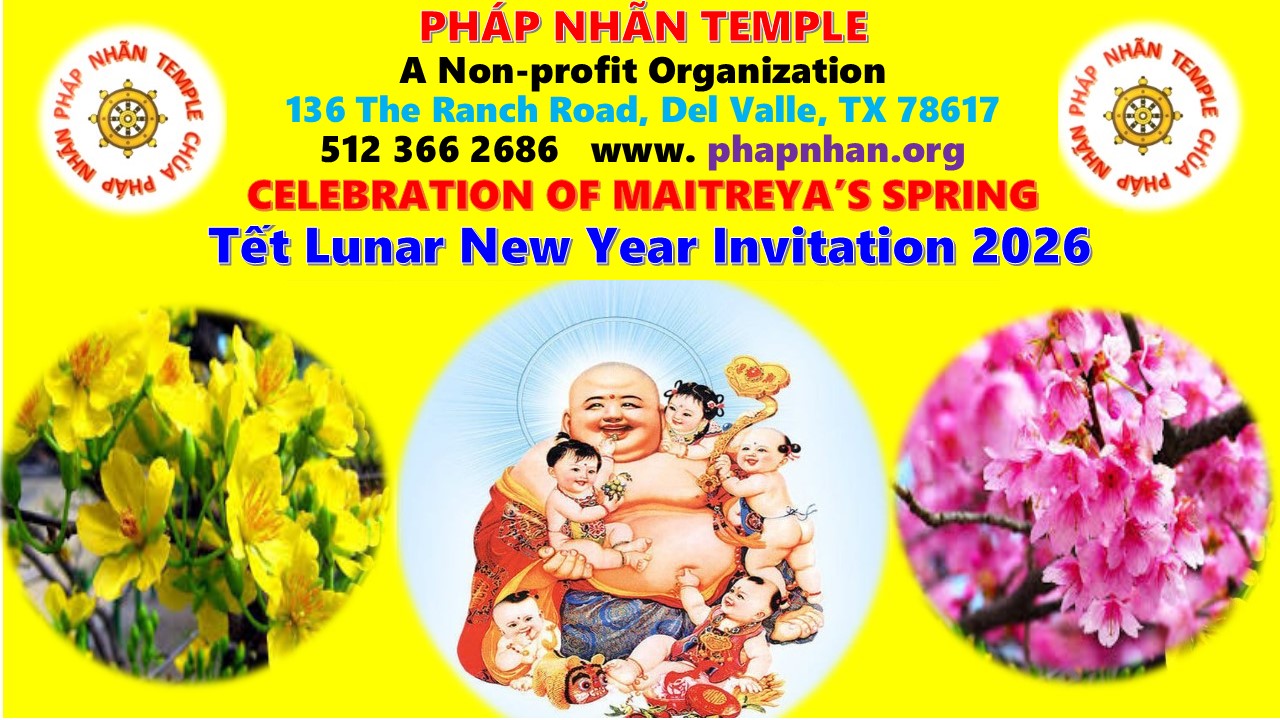Ven. Thích Trừng Sỹ
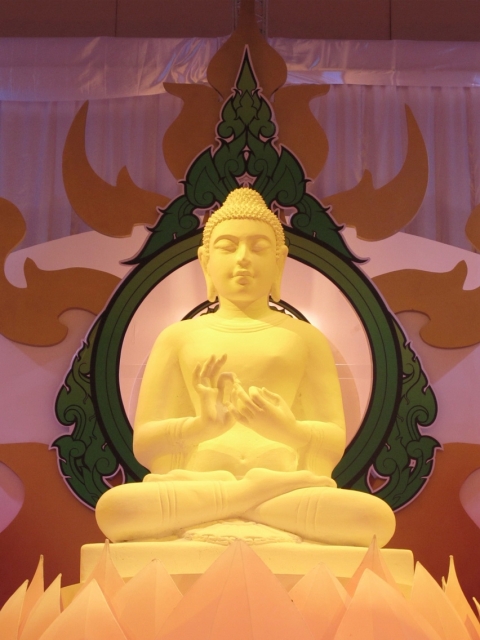
FIFTEEN THINGS TO LEARN BUDDHIST STUDIES, APPLICATION, AND TRANSFORMATION
- When we have not learned Buddhist studies yet, we often think everything we are holding, clinging, and grasping is permanent, delicate, and wise, but when we have learned Buddhist studies, we realize that everything we are letting go and renouncing is impermanent, free, and at ease in life.
- When we have not learned Buddhist studies yet, we often think a rich person is someone who always catches everything about himself, but when we have learned Buddhist studies, we realize that the rich person is someone who knows how to develop his good heart to do charity works, almsgiving, make offerings, and protect Three Jewels.
- When we have not learned Buddhist studies yet, we often think that conquering and subduing other people are powerful, but when we have learned Buddhist studies, we realize that conquering and subduing ourselves are the most powerful.
- When we have not learned Buddhist studies yet, we often think those who talk a lot but do little are erudite people, but when we have learned Buddhist studies, we realize that those who talk little but do a lot, or words, thoughts, and actions usually go together with them are insightful people.
- When we have not learned Buddhist studies yet, we often have habits to dominate and overwhelm other people, but when we have learned Buddhist studies, we know how to practice the virtues of loving speech and listening between ourselves and other people well.
- When we have not learned Buddhist studies yet, we often think the wise are those who live in conflict, attack, and disadvantage to other people, but when we have learned Buddhist studies, we realize that the wise are those who live in harmony and solidarity know how to build fraternities in the spirits of mutual support, affection, love, and mutual respect between ourselves and other people.
- When we have not learned Buddhist studies yet, we often think that altruistic people are those helping themselves, but when we have learned Buddhist studies, we realize that altruistic people are those helping not only themselves, but also other people right in the present life.
- When we have not learned Buddhist studies yet, we often think that people who know how to sit in meditation, recite the Buddha’s names, and chant Sutras are cultivated practitioners. However, when we have learned Buddhist studies, we realize that cultivated practitioners are not only people who know how to sit in meditation recite the Buddha’s names, and chant Sutras, but also people who know how to teach and guide meditation practice recite the Buddha’s names, hold courses of Retreats, clearly understand the history of the Buddha, the cause and effect, and build the Sangha.
- When we have not learned Buddhist studies yet, we often wish for what we have not had yet, but when we have learned Buddhist studies, we desire what we had. Likewise, when we have not learned Buddhist studies yet, we do not know enough of what we had, but when we have learned Buddhist studies, we satisfy and know enough of what we had.
- When we have not learned Buddhist studies yet, we do not know life, death, and the arising and passing of all dharmas. However, when we have learned Buddhist studies, We know that life and death in us always take place in all cells of our bodies, that the arising and passing of all things always take place in countless moments of daily life.
- When we have not learned Buddhist studies yet, we do not know all dharmas are impermanent, but when we have learned Buddhist studies, we understand all dharmas are impermanent, changing, co-arising, mutually related, and have no a separate self-entity.
- When we have not learned Buddhist studies yet, we want God or a certain Creator to help and change us, but when we have learned Buddhist studies, we understand that only we can help us and only we can change ourselves.
- When we have not learned Buddhist studies yet, sometimes we are silent like a mussel, and speak like rude and angry people, but when we have learned Buddhist studies, we practice silence like concentration meditation and speak like the Dharma or the Enlightened One.
- When we have not learned Buddhist studies yet, we often think money, talent, beauty, fame, good food, and good sleep are the careers of monastic lives, but when we have learned Buddhist studies, we realize that Dharma learning, Dharma practice, Dharma understanding, Dharma achievement, Dharma joy, and Dharma equanimity including ethics, meditation, and wisdom are solid careers of the monastic life.
- When we have not learned Buddhist studies yet, we do not master the practical values of the Noble Eightfold Path (Right View, Right Thought, Right Speech, Right Action, Right Livelihood, Right Effort, Right Mindfulness, and Right Concentration). However, when we have learned Buddhist studies, we know that the Noble Eightfold Path can help us recognize and transform the habits of greed, anger, delusion, arrogance, doubt, ignorance, wrong view, prejudice, eternity view, and annihilation view. Because these habits if we do not purify, recognize, and transform, they not only subdue and burn us, but also make us dark, ignorant, and blind, and believe in gods, wrong theories, and superstitions. Therefore, clearly understanding and mastering the Noble Eightfold Path has the potential to help us advance on the path of life and the path of the Dharma stably, peacefully, and happily right here and right now in this present life..
By Thích Trừng Sỹ
Facebook Comments Box







